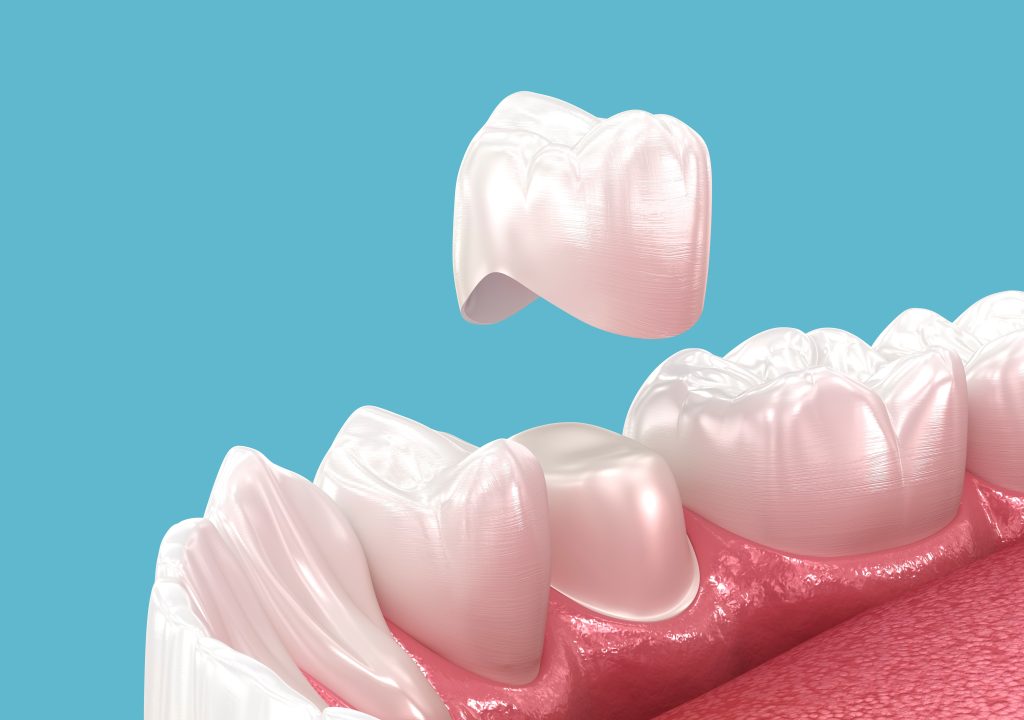As we have reported in our dentist in Salmon Creek blog, research has discovered significant links between periodontitis – a severe form of gum disease – and systemic health issues that include diabetes, heart disease and dementia. However, while certain studies have examined the relationship between testosterone levels and periodontitis, no conclusive evidence has yet emerged showing any clear and concise association.
To delve further into a possible connection, an international team of researchers recently examined eight studies that investigated chronic periodontitis and testosterone. The scientific review sought to answer a few interesting questions about what potential impact gum disease could have on the body’s ability to produce and control testosterone levels.
- Why examine the link between chronic periodontitis and testosterone?
Over the past 30 years, a growing amount of research has found compelling links between gum disease and a number of chronic long-term illnesses, such as heart disease, diabetes and cancer. Furthermore, research has already found evidence to suggest that a link exists between chronic gum disease and female sex hormones, namely estrogens.
However, the relationship between chronic periodontitis and men’s reproductive health has been overlooked and rarely examined. This has prompted researchers to want to discover more about what, if any, links may exist between gum disease and male reproductive issues such as infertility and low T levels.
- Six of the eight studies review showed a possible link between gum disease and low testosterone levels, but what’s the connection?
Low testosterone levels have negative effects on bone metabolism which has been linked to increased levels of pro-inflammatory cytokines, such as interleukin-6 and higher osteoclastic activity. This connection has resulted in roughly 65 percent of studies finding a link between testosterone levels and chronic periodontitis.
A possible explanation for these findings is an increased response in gum tissue by immune-endocrine interaction and a hormonal modulation of fibroblast. It has also been suggested that testosterone could impact the gingival stromal cell response to the presence of inflammation by decreasing the production of proinflammatory cytokines.
This has led researchers to suggest that an evaluation of a patients’ medical history become an integral component of any comprehensive dental evaluation. Furthermore, patients who show low testosterone levels in their bodily fluids should be referred to an oral health care provider for a dental examination and treatment. Such actions may help improve the quality of life of patients suffering from either advanced gum disease or low testosterone levels.
- Why is establishing a clear link between advanced gum disease and testosterone levels been so difficult?
One note researcher made when examining the different studies for potential outliers was that the ages of the participants varied significantly. One study examined testosterone levels in men between the ages of 19 to 21 while a separate study examined the levels of men between the ages of 66 to 95.
Furthermore, roughly half of the studies reviewed failed to adjust their results for known risk factors for gum disease, such as obesity, diabetes and smoking. With such a varied age group and inexact standards, developing consistent results that stand up to further scrutiny has been difficult.
As the mysteries surrounding periodontitis and low testosterone levels receive further scrutiny, check back with our dentist in Salmon Creek blog for more coverage of this important health topic.







